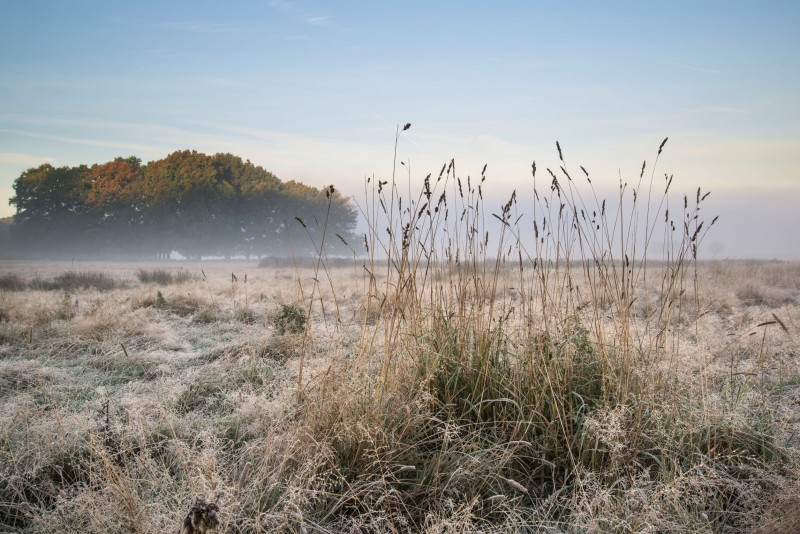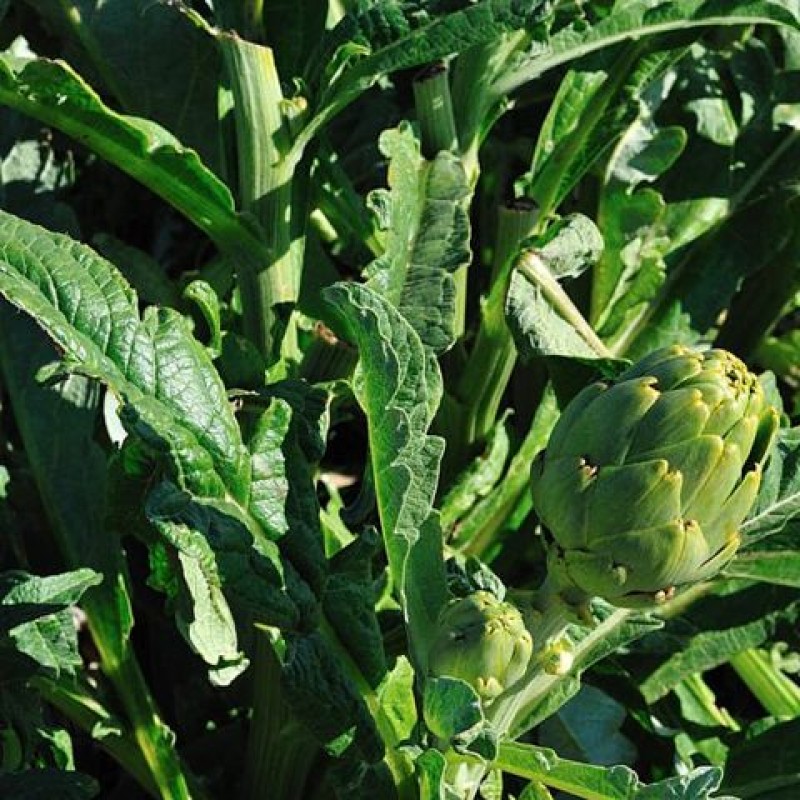-



 Welcome To
Welcome To
 Visit Lorca Castle.Click Here
Visit Lorca Castle.Click Here
To Pre Book
Tours & Activities -



 Welcome To
Welcome To
 The Embroidery Museums.Click Here
The Embroidery Museums.Click Here
To Arrange
Your Visit!













 The cold has mainly affected the most sensitive crops such as artichoke and lettuce, while the hardier broccoli has emerged unscathed. Iceberg lettuce “will have to have a couple of leaves removed” according to Francisco Martínez Mínguez, technical coordinator of the Cooperativa Alimentos del Mediterráneo (Alimer) in Lorca, while the artichoke “cannot be sold for fresh produce because it is ‘tainted’ by the cold and several of its leaves turn black. We will have to leave it for canning, although it is still too early to know the damage caused by the frosts”.
The cold has mainly affected the most sensitive crops such as artichoke and lettuce, while the hardier broccoli has emerged unscathed. Iceberg lettuce “will have to have a couple of leaves removed” according to Francisco Martínez Mínguez, technical coordinator of the Cooperativa Alimentos del Mediterráneo (Alimer) in Lorca, while the artichoke “cannot be sold for fresh produce because it is ‘tainted’ by the cold and several of its leaves turn black. We will have to leave it for canning, although it is still too early to know the damage caused by the frosts”.Sign up for the Spanish News Today Editors Roundup Weekly Bulletin and get an email with all the week’s news straight to your inbox
Special offer: Subscribe now for 25% off (36.95 euros for 48 Bulletins)
Read some of our recent bulletins:
Discount Special Offer subscription:
36.95€ for 48 Editor’s Weekly News Roundup bulletins!
Please CLICK THE BUTTON to subscribe.
(List price 3 months 12 Bulletins)



Hello, and thank you for choosing CamposolToday.com to publicise your organisation’s info or event.
Camposol Today is a website set up by Murcia Today specifically for residents of the urbanisation in Southwest Murcia, providing news and information on what’s happening in the local area, which is the largest English-speaking expat area in the Region of Murcia.
When submitting text to be included on Camposol Today, please abide by the following guidelines so we can upload your article as swiftly as possible:
Send an email to editor@camposoltoday.com or contact@murciatoday.com
Attach the information in a Word Document or Google Doc
Include all relevant points, including:
Who is the organisation running the event?
Where is it happening?
When?
How much does it cost?
Is it necessary to book beforehand, or can people just show up on the day?
…but try not to exceed 300 words
Also attach a photo to illustrate your article, no more than 100kb
